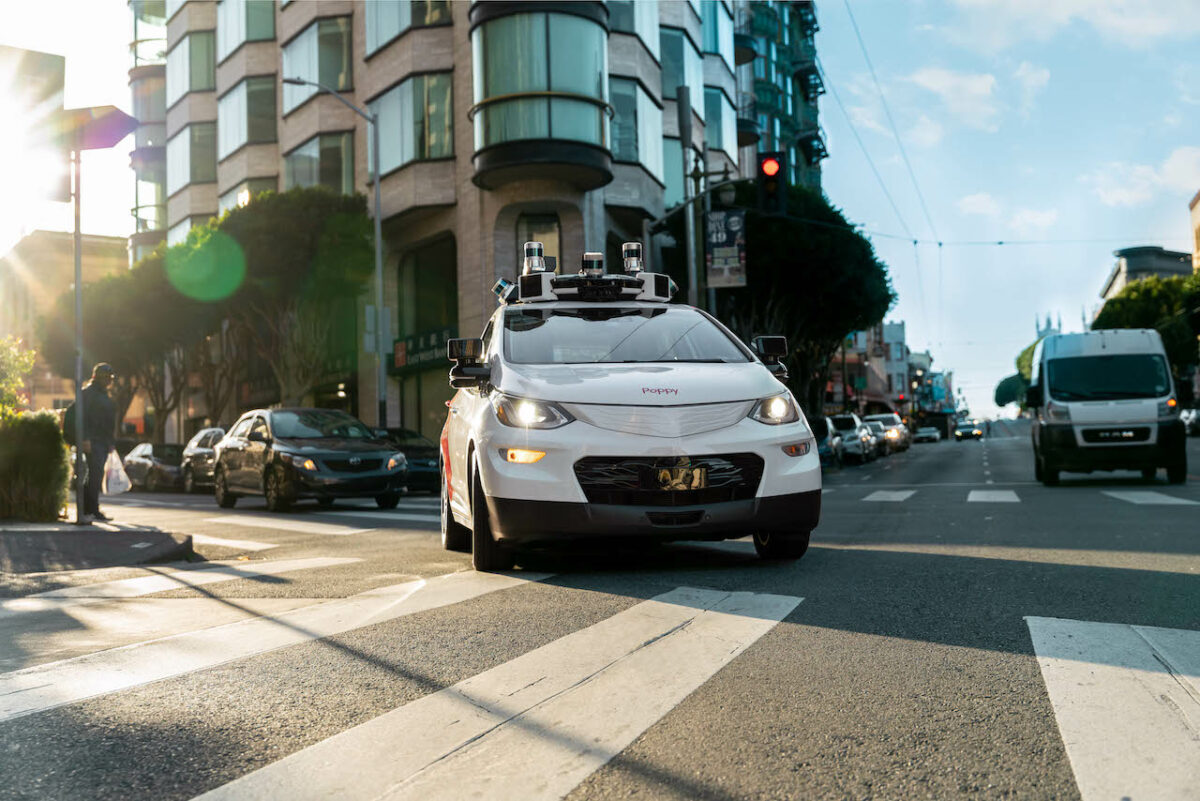In the wake of traffic incidents involving autonomous vehicles (AVs), the cultural and social impact of their deployment is increasingly under the spotlight. Understandably, developers are broadcasting safety as their focus above all else, even if it adds costs or delays the technology’s rollout timeline.
The impact this new strategy might have on the declining interest of investors, who were initially promised fast returns, is uncertain. However, this period of re-examination could ultimately improve the underlying value of AV technology, which is still far from optimal. For example, a January 2023 paper from the Massachusetts Institute of Technology (MIT) calculated that the processing power required to support mass adoption (one billion vehicles in the study) of SAE Level 4+ could double data centres’ annual CO2 emissions.
MIT’s conclusion was that emissions and energy efficiency should become essential aspects of AV design. To resolve these issues, automakers and suppliers must go back to basics and determine the fundamental inefficiencies of artificial intelligence (AI) in the industry today.

